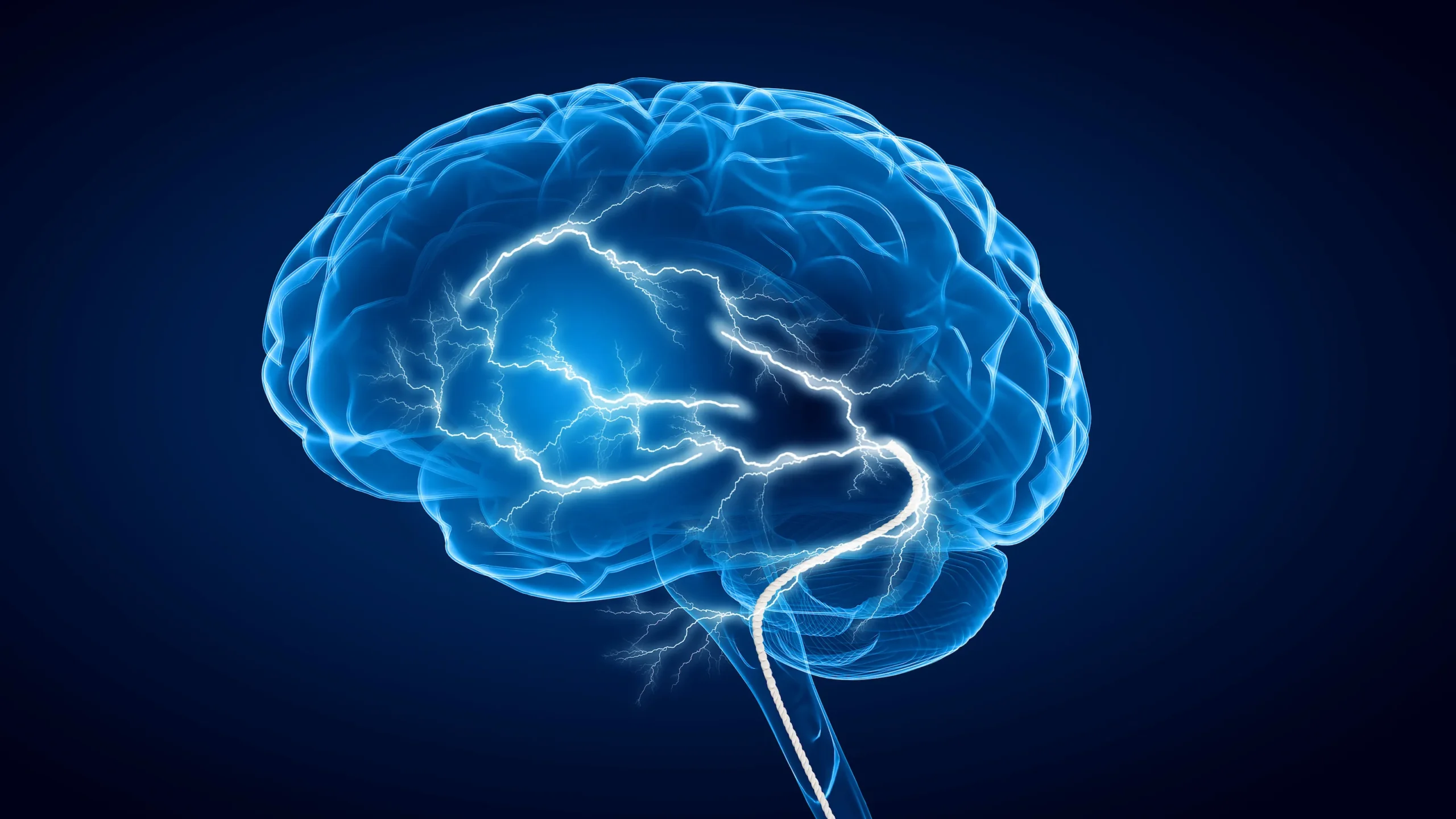Children’s complicated and continuous process of brain development affects all elements of their development, learning, and behavior. From birth, a child’s brain develops rapidly and creates new connections that provide the groundwork for later cognitive, emotional, and social growth. Parents, guardians, and teachers who want to help a kid to reach their best development must first understand these important benchmarks. Seeking an autism assessment Melbourne can be a crucial first step for Melbourne parents trying to better grasp the developmental requirements and problems of their children.
Early Cognitive Development in Brain Development
Early on in brain development, things happen really quickly. Although a child’s brain is just around a fourth of its adult size at birth, it comprises all the neurons that will ever exist. These neurons quickly create new connections and strengthen already existing ones depending on experience in the first few years of life. With important windows for the development of fundamental sensory and motor abilities, the brain is especially receptive to environmental cues throughout this age. This time is vital for building the foundation for next cognitive capacities.
Mental Growth
Piaget’s and other ideas hold that children’s cognitive development moves through several phases as they mature. Children go into the preoperational stage between the ages of two and seven during which they acquire language and utilize symbols to symbolize things and concepts. Major developments in imaginative play and a grasp of fundamental cause-and-effect interactions define this period. Learning mathematical techniques and grasping increasingly difficult ideas need these benchmarks.
Social and emotional growth
Still another vital component of kid brain development is social and emotional development. Children start to grow in feeling of identity and autonomy between the ages of two and five. They grow to negotiate social situations, grasp emotions, and cultivate compassion. Children’s pretend play and role-playing with friends help them to acquire social skills, so play becomes a necessary tool. Children who enter middle childhood—that is, between the ages of six and twelve—become more able to see the points of view of others, which improves their capacity for forming friendships and group projects.
Plasticity of the Brain and Learning
The flexibility of the growing brain—that which enables adaptation and change depending on experience—is among its most amazing characteristics. This ability enables kids to pick up fresh abilities and heal from ailments including stroke. Early life is particularly clear-cut in terms of flexibility of the brain since events shape neuronal connections. Learning best happens when it is dynamic and hands-on. Strengthening of brain pathways depends critically on play, discovery, and environmental interaction. A helpful tool for spotting any obstacles to learning and customizing instructional plans to fit youngsters with developmental abnormalities.
Difficulties of Brain Development
Some disorders, like autism, can influence brain development and create particular difficulties. A spectrum condition, autism influences a child’s perspective and way of processing the surroundings. Understanding the particular requirements of a kid and creating suitable intervention plans depend on early diagnosis made by means of assessment. Children with autism might have trouble with social connections, communication, and repetitive behavior. Creating supportive settings that promote development and learning depends on an awareness of these difficulties.
Encouragement of children’s development, learning, and well-being depends on an awareness of their brain development. From birth until middle adolescence, the brain changes significantly under influence of both environmental and genetic elements. Acknowledging and supporting important developmental benchmarks will assist to guarantee that youngsters realize their own full potential. For Melbourne parents, autism assessment Melbourne provides insightful analysis of their child’s development and can direct choices about early treatments and learning plans. Every youngster can flourish if we encourage early intervention and friendly surroundings.
Stay in touch to get more updates & news on Bangkok Tribune!



